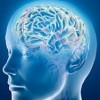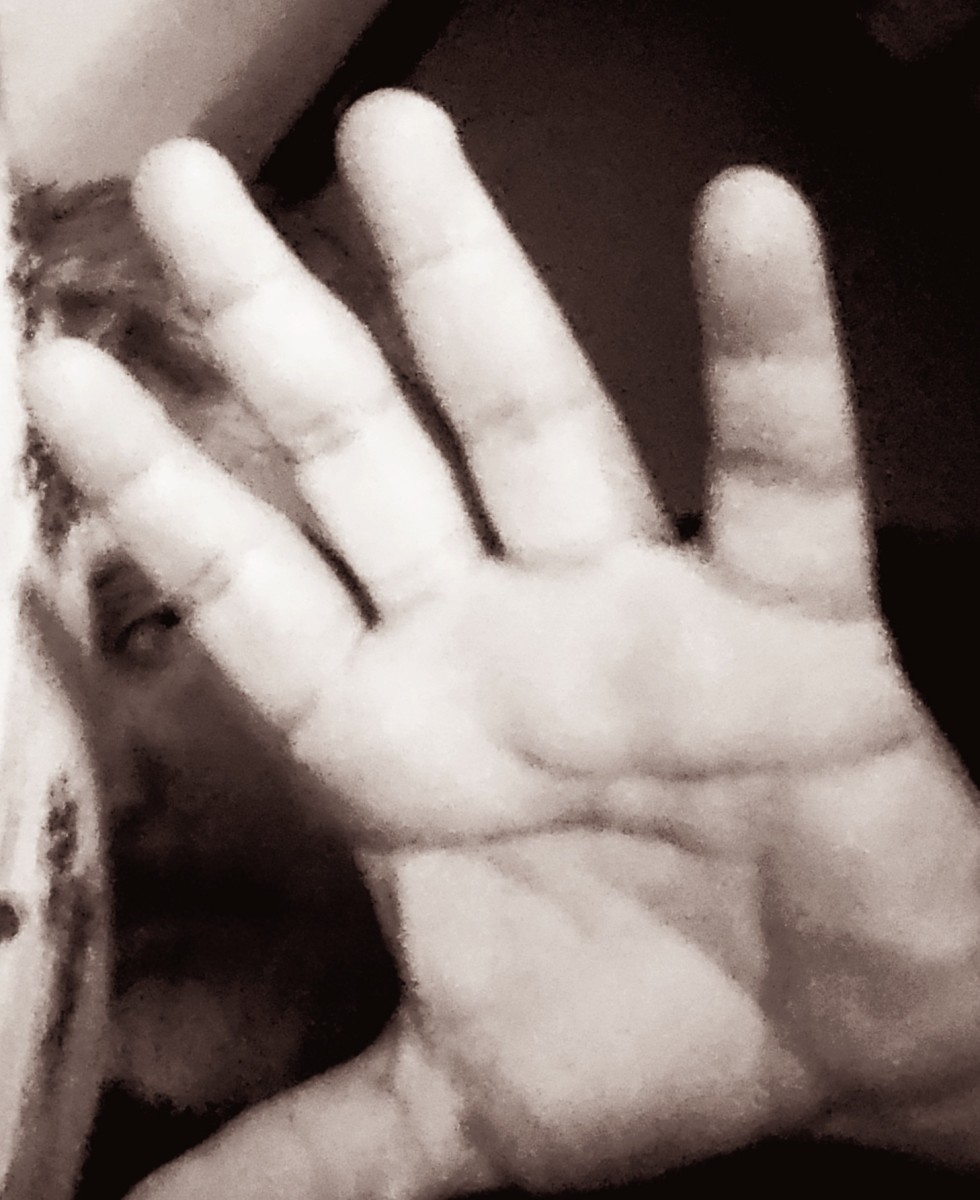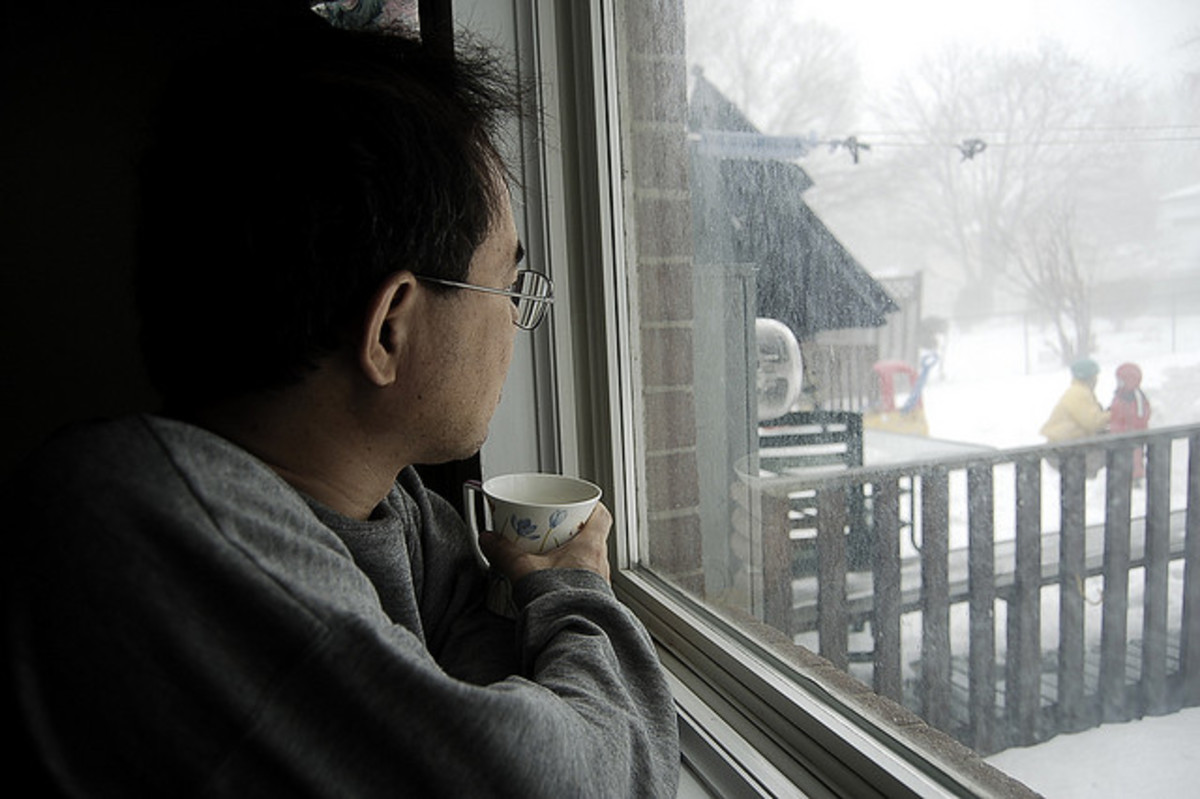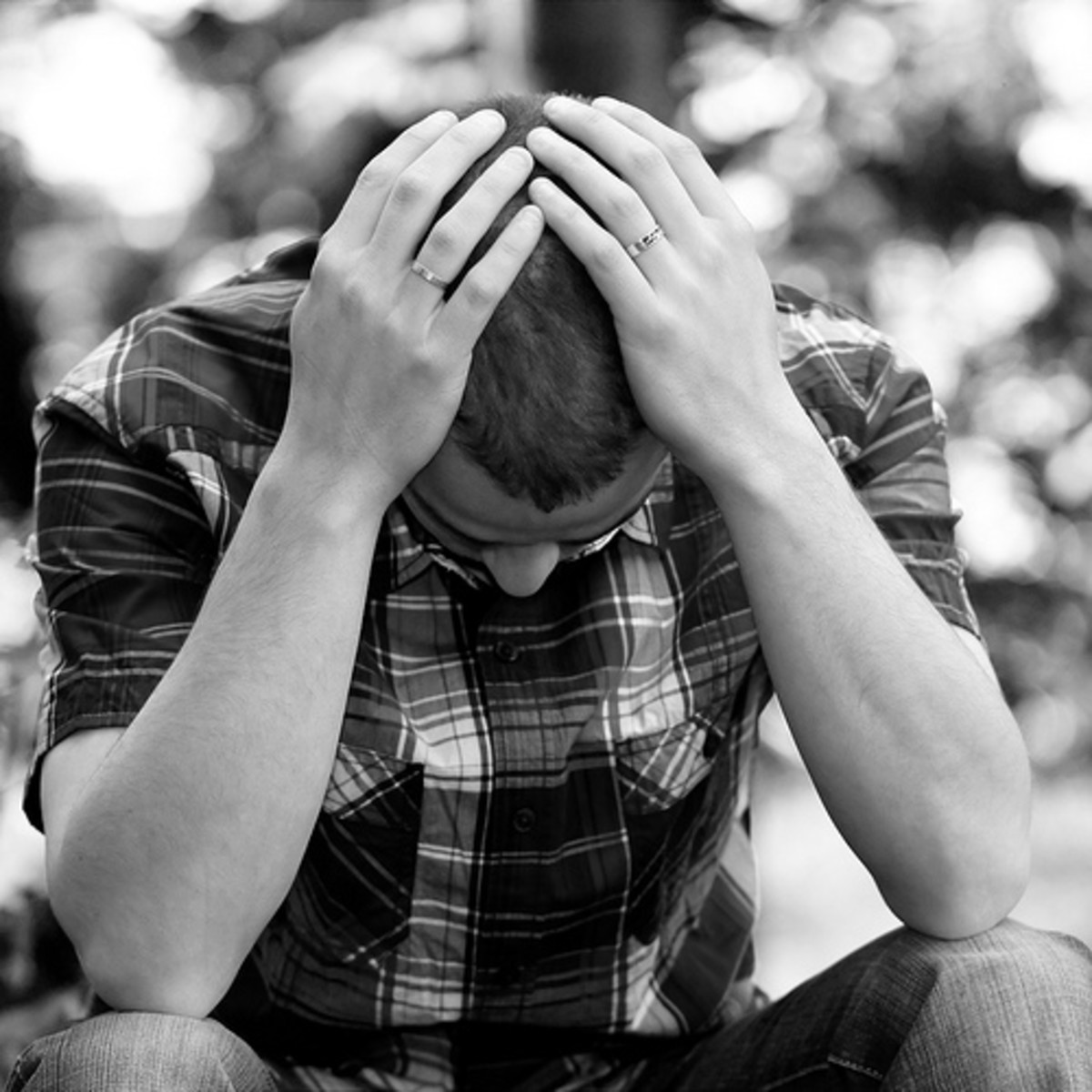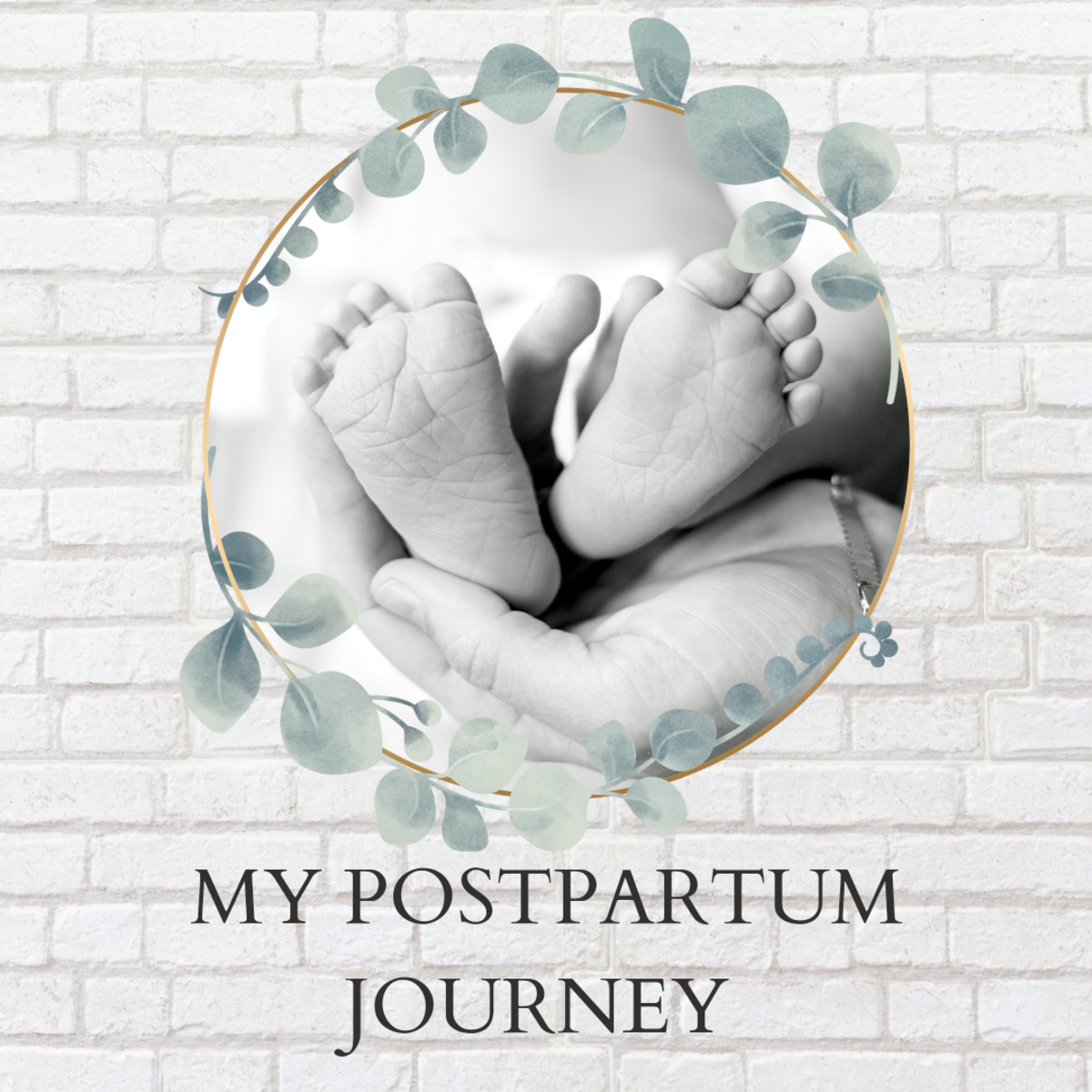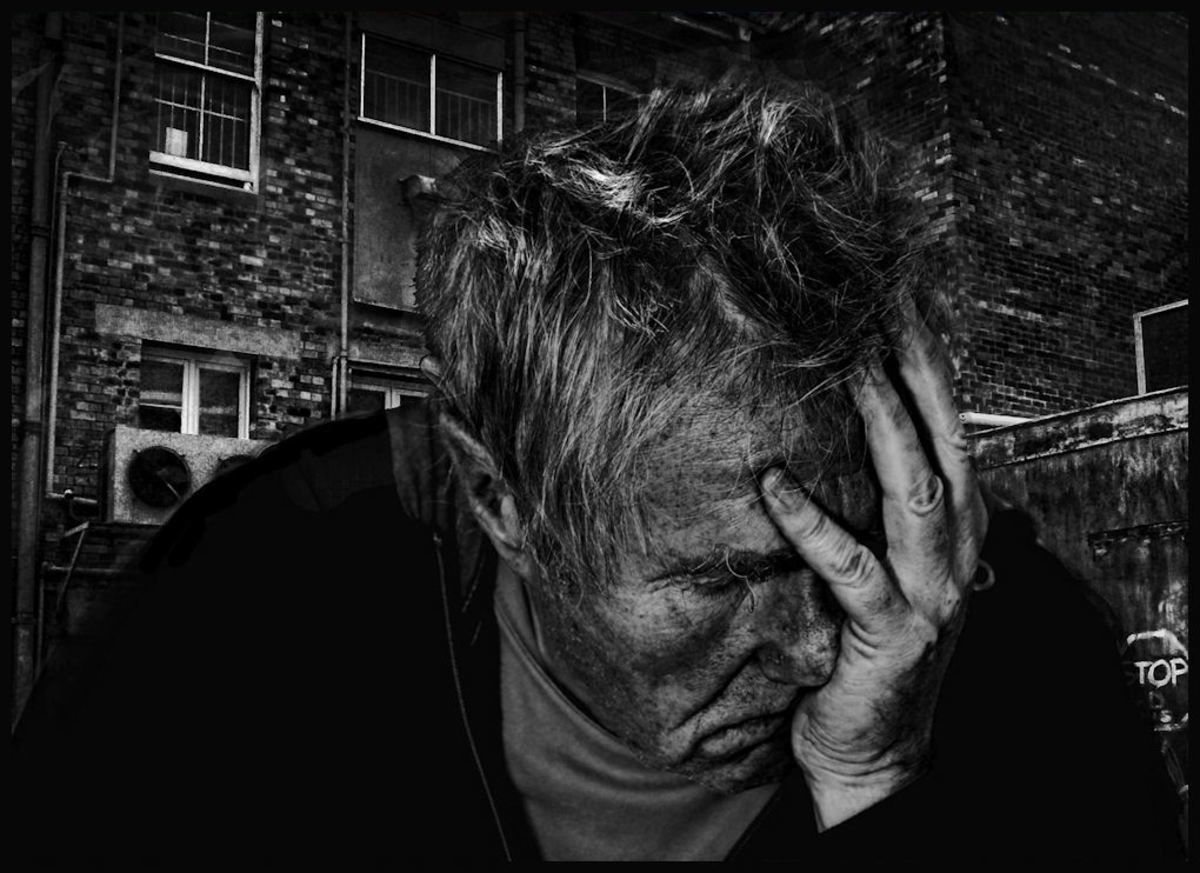Dysthymia- Depression with a Twist

What is Dysthymia
When we hear the word Depression, what prevails in our mind. Anxiety, stress, tension, mental strain, suicide tendencies. As we can see, there are number of factors that define this illness and in fact, all these symptoms are part of depression.
In a nutshell, Depression is a psychological disorder which affects a person's mind irrespective of age, race, language, causing turmoil to his his/her social life, career path and health level. If not treated it can lead to many serious complications later on in life.
Depression is in itself subdivided into various categories based on its duration and symptoms. One of the most common depression is known as Dysthymia as it affects six percent of the total population.
Dysthymia originated from the Greek word meaning " bad state of mind" or "ill humor". As one of the main form of Clinical Depression, It is one step less than major depression, but can last longer. The American Psychiatric Association terms Dysthymia as a depressive mood which affects a person for more than two years.
Causes or Factors influencing Dysthymia
The factors that influence the onset of depression is debatable. However some very common causes can be rounded as
- Genetic or hereditary traits. A family history of mental illness can increase the chance by 50 percent, for the onset of the disease.
- Less production of neurotransmitters such as Seratonin, also known as neurochemical imbalance.
- A trauma to the head.
- Over addiction to stimulants such as Alcohol and Drugs.
- Leading a sedentary lifestyle, less exercise and low family interactions.
- For older people, some factors such as physical disability, loss of cognitive senses, medical illness or reduced production of testosterone hormone can influence.
Symptoms of Dysthymia
The generally exhibited symptoms of Dysthymia are
- Loss of appetite or Over Eating.
- Very low Self Esteem.
- Constant fatigue or loss of energy.
- Sudden loss of interest for things which were once enjoyable.
- Pessimistic approach towards life
- Excessive feeling of Guilt.
- Social Withdrawal.
- Over anxious
- Highly Stressed
People suffering from Dysthymia often fail to notice these symptoms, as the above are exhibited when a person is over stressed or over worked. This can also be due to the misconception that such traits are part of ones personality. A careful psychological examination is required to identify Dysthymia.
Double Depression
This occurs when a person experiences another depression episode on top of dysthymia. One of the main symptoms exhibited then, would be a strong feeling of hopelessness.
There is Always Hope- Treatment for Dysthymia
Dysthymia is a common form of depression and can be acute at times. However no need to loss hope, as there are various treatment modes for it. Also by making slight changes in one's daily activities, Dysthymia can be cured
- As stated earlier, one of the root cause of this disease is sedentary lifestyle. This can cause loneliness and a feeling of helplessness. It is generally understood that an affected person, cannot suddenly begin an active social life. So he/she can start slowly one thing at a time. Start by taking short walks along the neighborhood. This can be followed by visit to to the local grocer. These above steps help shed social phobias. Joining a club or gym after these routine is very much recommended.
- Avoid junk food completely. Eat healthy as much as possible. Junk food trigger unwanted stress hormones which can worsen the condition. if vegetable is not your forte, try fruits. They are delicious as well as healthy.
- if you are an alcoholic or drug addict, enroll in a de addiction center. It might be tough, but provide great dividends to your health and well being.
- Read motivational articles daily, followed by an activity or hobby you like. Both enrich the mind.
- Anti depressant drugs and cognitive behavioral therapy can help subdue the symptoms of the disease.
